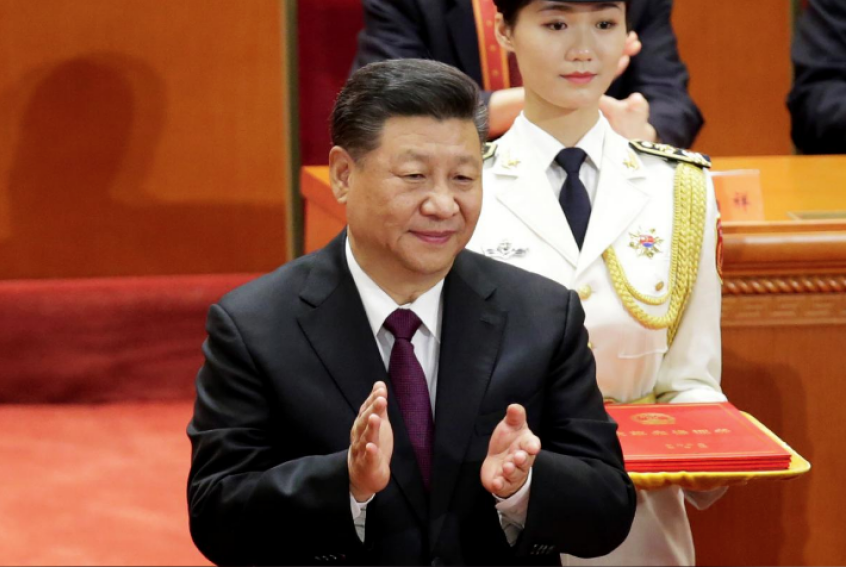
China's tightening grip on religious minorities has had an unexpected consequence: the growth of church leadership.
As China celebrates the 70<sup>th anniversary of the founding of the People's Republic, Open Doors' contacts in the country say that the government has been increasing its control of religious activities.
They report the release of a draft paper recommending new regulations on the financial accounting of day-to-day operations.
The document, called 'Measures for the Administration of Religious Groups', also proposes raising the bar even higher for the formation of new religious groups.
If implemented, the paper will add to the existing body of Regulations for Religious Affairs introduced in February 2018 that set out detailed criteria for the registration of churches and meeting places.
Julie, an Open Doors contact whose name has been changed for security reasons, said that the government has scaled up efforts to stymie church growth for the last two years.
"Control of the church has long been high on the political agenda. Since 2017 the government has been closing some large churches, monitoring and putting pressure on pastors to limit church growth," she said.
"There was, of course, an initial push-back against the new religious regulations, restrictions on how, where and when believers can meet, and the warnings of severe consequences for civil servants, doctors, teachers and Communist Party members who attend church.
"However, over time, pastors have become more optimistic because they were left with a core group of Christians who have counted the cost."
Contacts on the ground in China told Open Doors that the increased control by the government has resulted in churches having to meet in smaller groups, with one surprising offshoot of this being that more people have had to take on church leadership roles.
The Communist Party of China (CPC) has traditionally viewed Christians with suspicion. During the Cultural Revolution, Christians were accused of being counter-revolutionaries attempting to undermine China's socialist dream, while Christianity was denounced as Western superstition.
As a longtime believer, Julie can recall her first experiences of the Chinese church 30 years ago when Christians were still having to meet secretly in homes, village courtyards, fields and caves.
"Few Christians owned their own Bible so had to copy the scriptures by hand. People were very poor, but they risked their lives daily for meeting together to worship," she said.
Today, Christians are allowed to attend state-sanctioned churches but those who belong to unofficial churches continue to be subjected to arbitrary arrests, detention and beatings for their faith. Churches have been raided and had their crosses removed, while in some places, teachers and medical staff have been pressured into signing documents saying they have no religious faith, Open Doors reports.
Children under 18 are banned from attending church and in some areas, elderly Christians have been told that they won't receive their pension unless they renounce their faith.
Increasingly, surveillance cameras are being used to monitor the movements of citizens.
"Christians cannot visit churches whenever they want to," Open Doors said.
The Chinese government has also made it harder for Christians to obtain a Bible.
Josh, whose name has also been changed for security reasons, said: "Because of the so-called 'Great Firewall of China', which prevents Chinese people from accessing many overseas websites, Chinese Christians do not have access to certain resources such as libraries of Christian books or podcasts of sermons from churches around the world.
"Printed Bibles were removed from e-commerce platforms in March 2018, although online Bibles and Bible apps are still available."
China is number 27 on Open Doors' World Watch List, a ranking of 50 countries where it is most difficult to live as a Christian. It is home to 97.2 million Christians, accounting for less than seven per cent of the total population of 1.4 billion.













